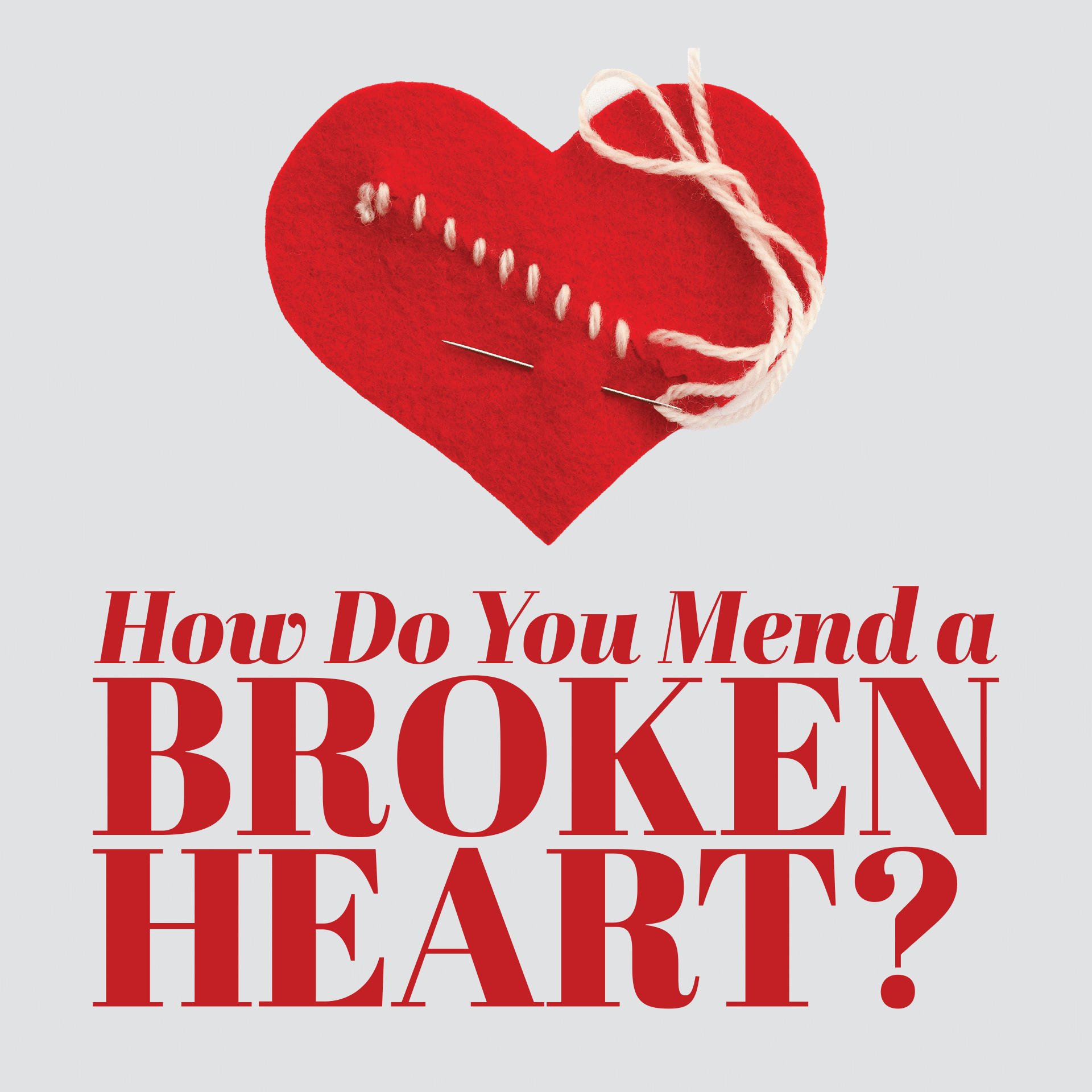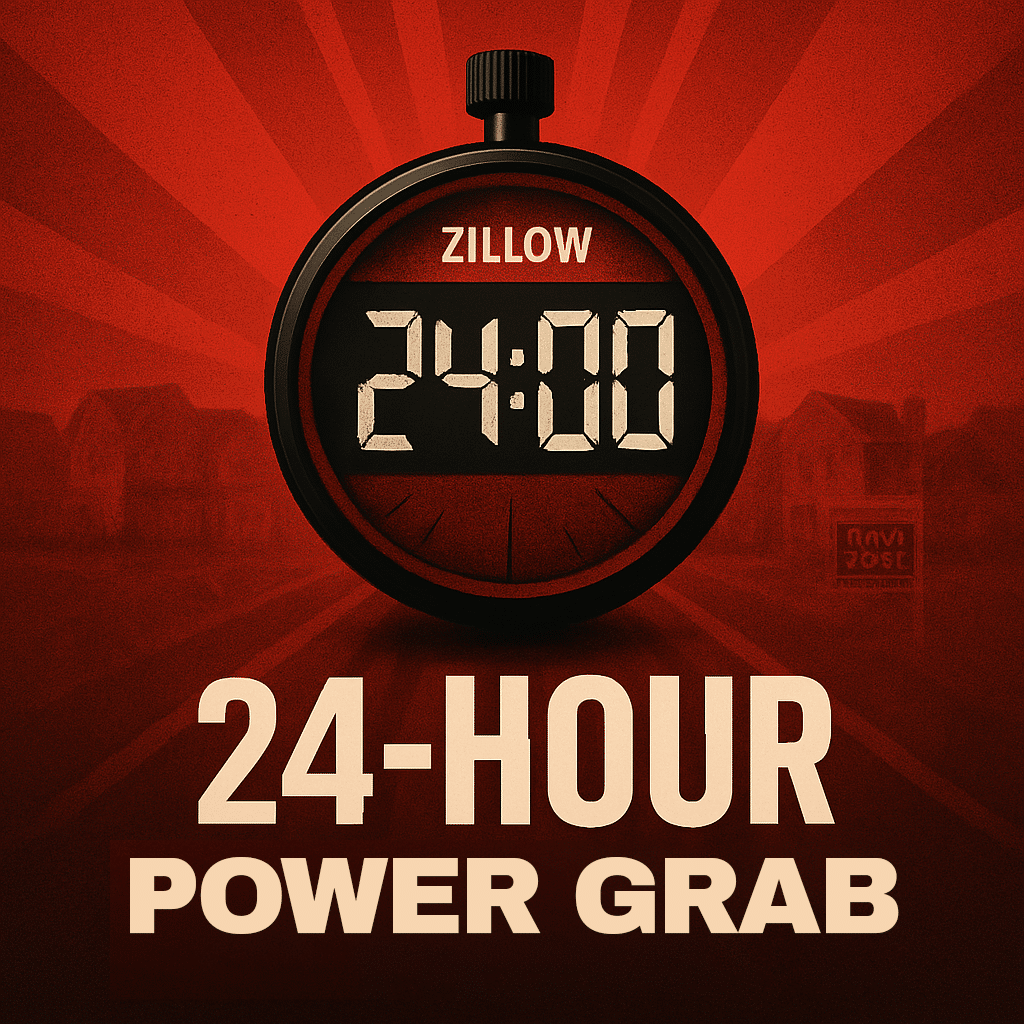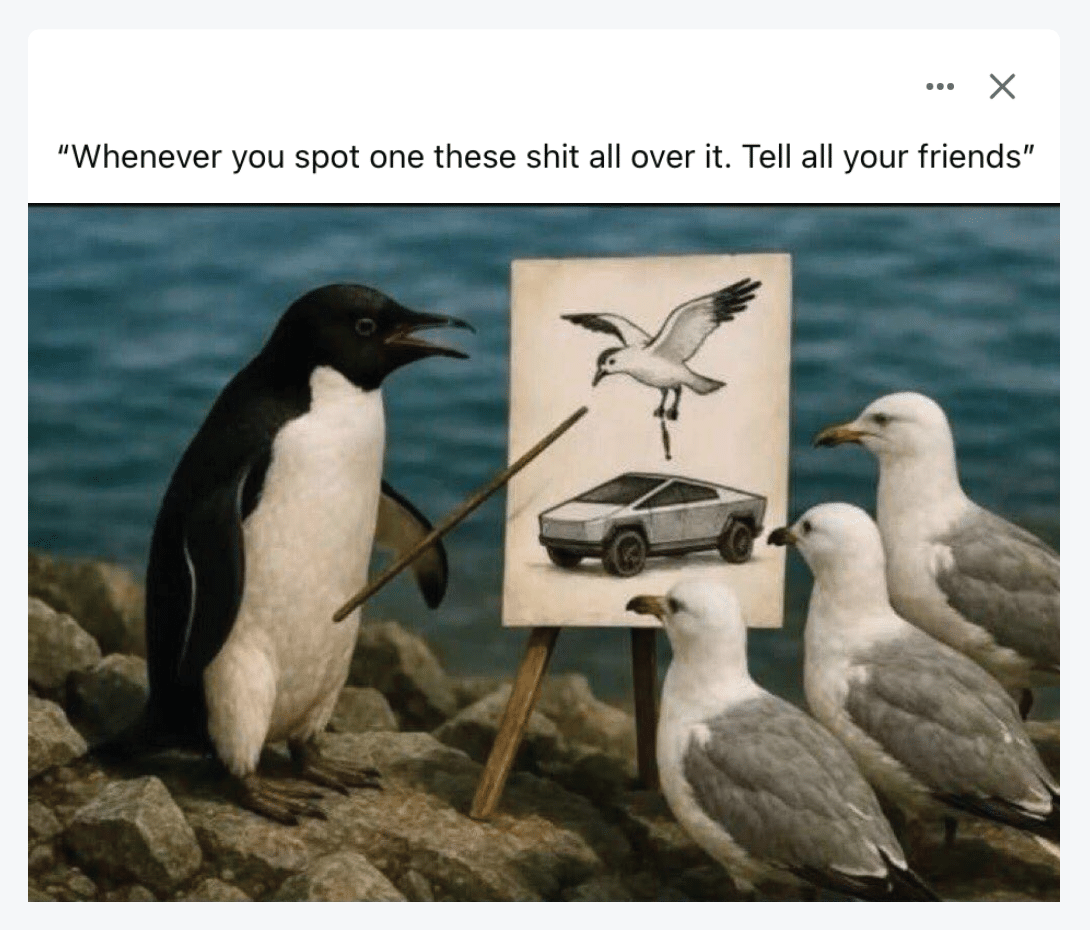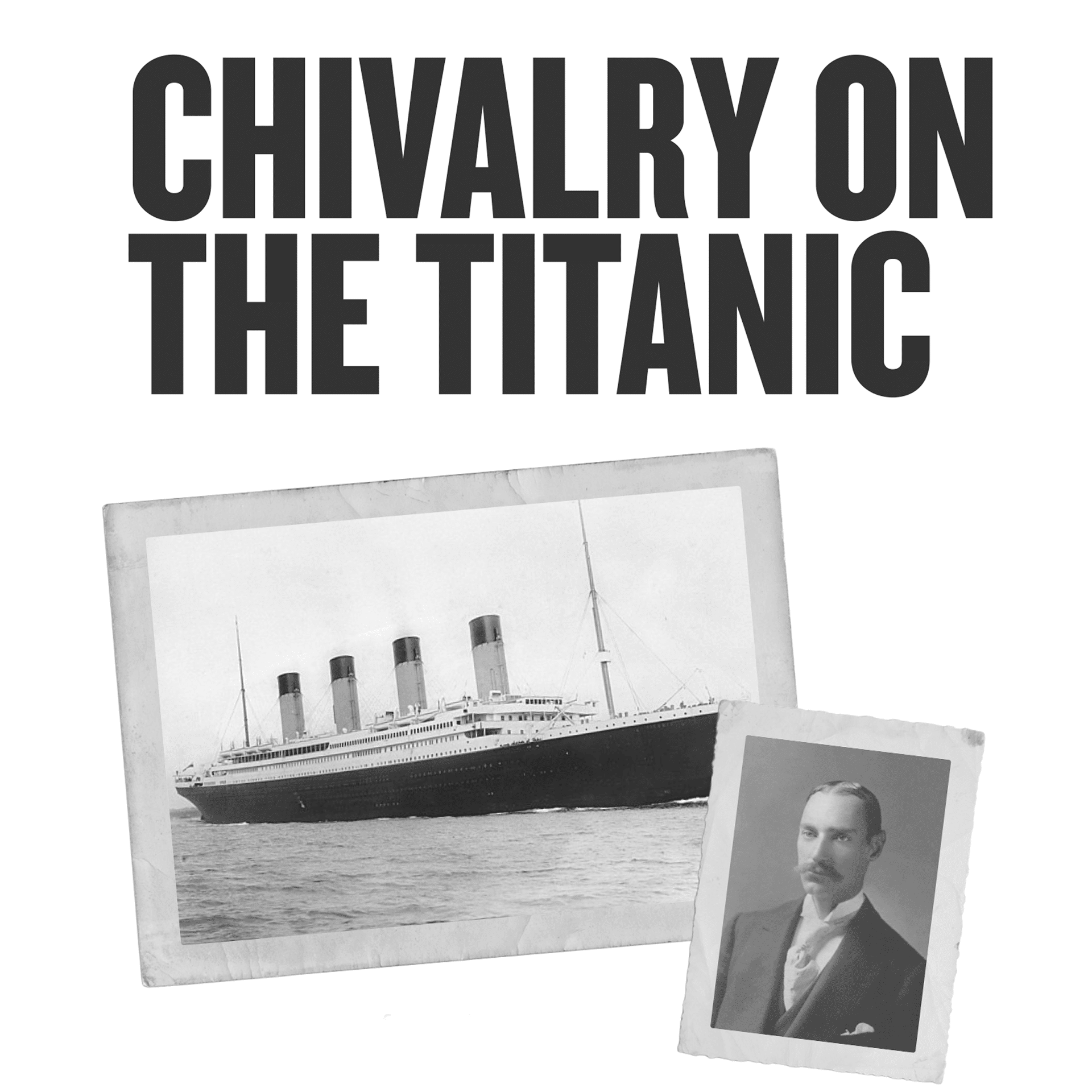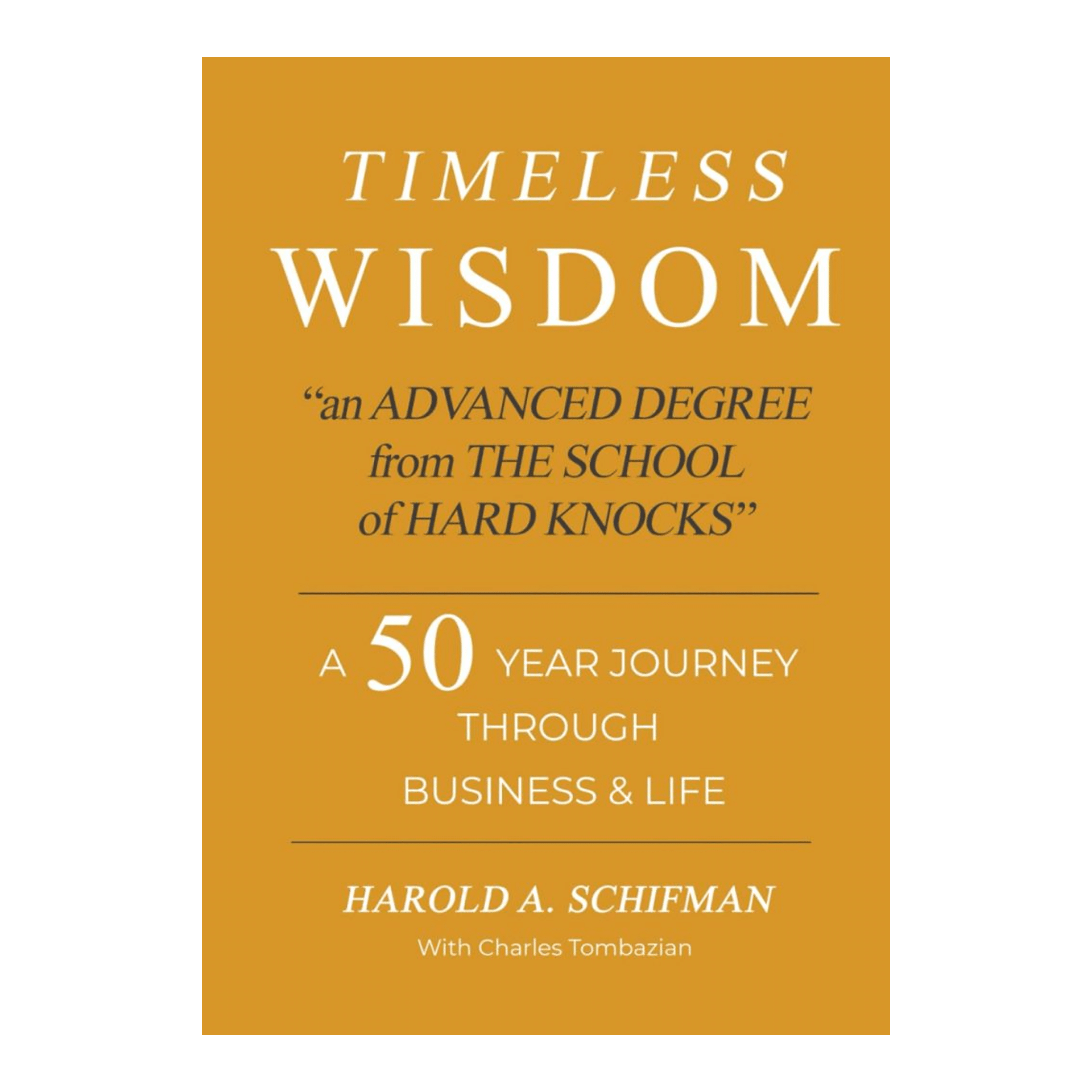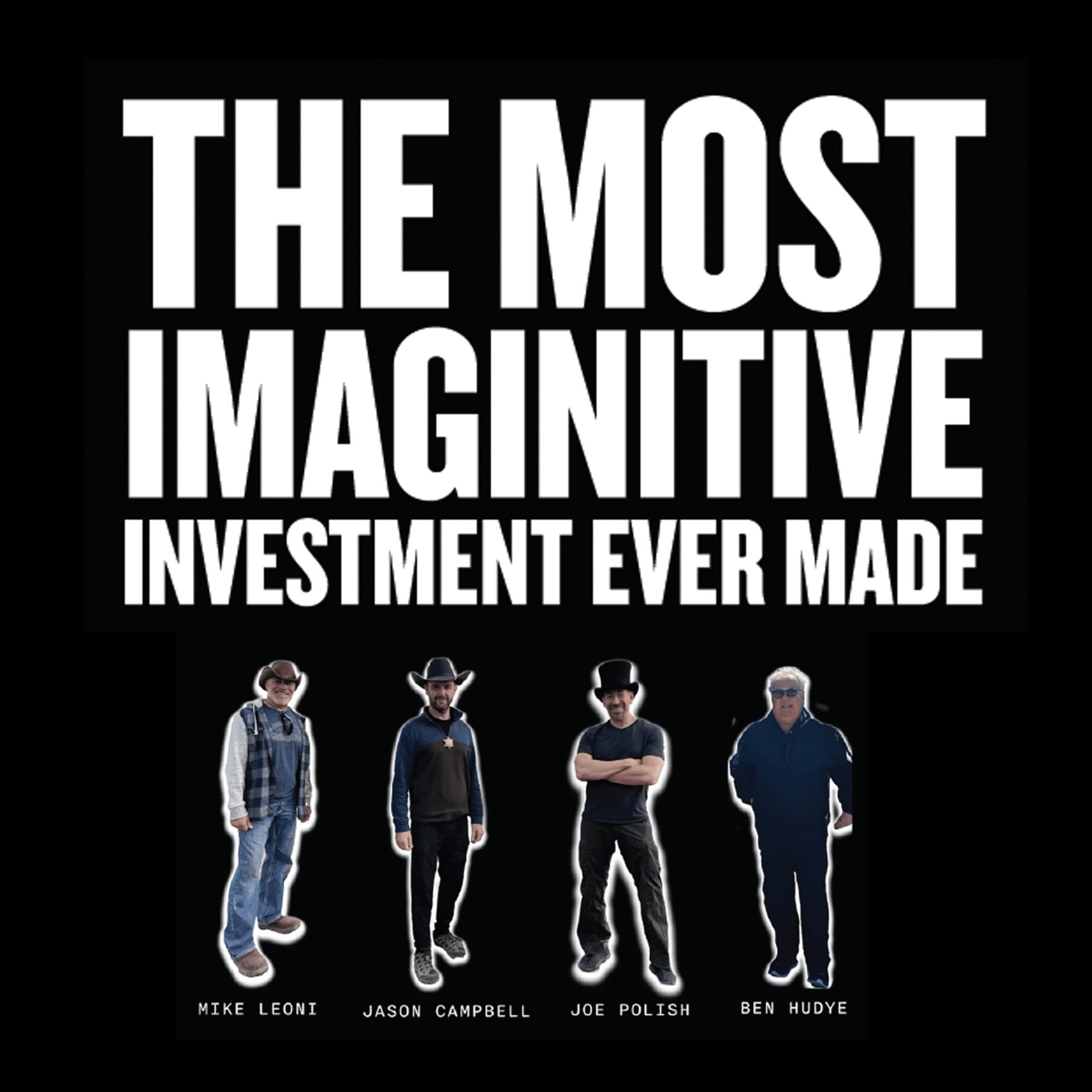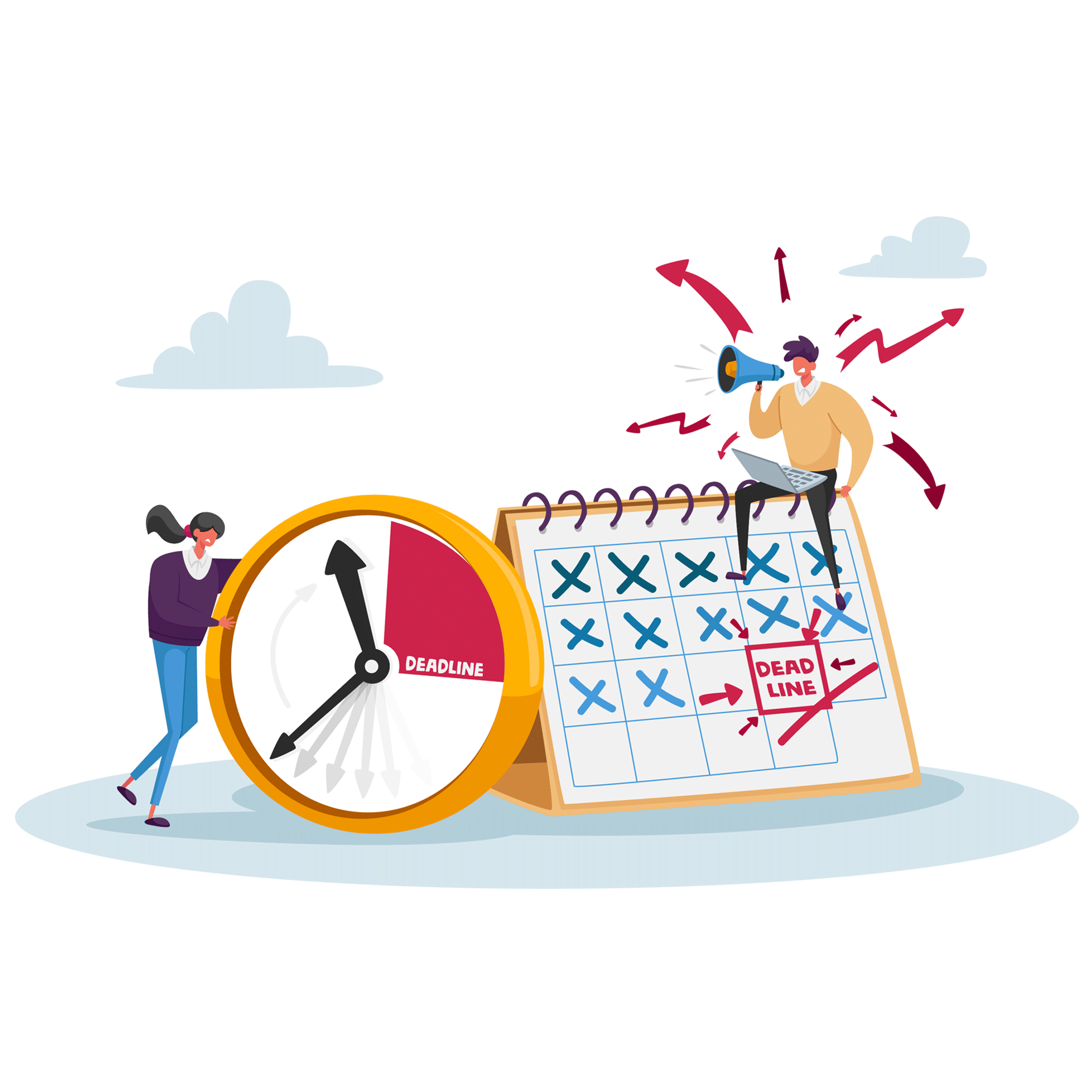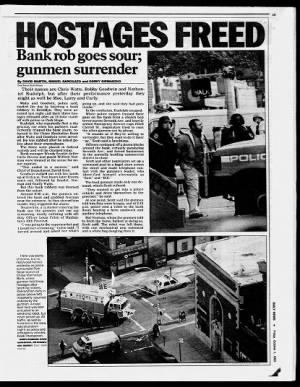We all make mistakes. As Alexander Pope said, “To err is to be human.” It’s a fact of life.
However, there are ways to minimize mistakes, and today I’m going to share several reasons we make errors in judgment.
DILIGENCE
Failure to do our homework is an obvious reason we make bad decisions. But our diligence should be in proportion to the importance of the decision. Deciding on lunch shouldn’t require the same research as choosing someone to care for your child.
Takeaway: Do homework in proportion to importance.
ESCAPES
Big decisions are really little decisions as long as you can change the decision. Because circumstances change, what looks like a good decision today might turn into a horrible decision tomorrow. That’s why it’s important to carve escapes into commitments. The bigger the obligation the more important it is to have a walkaway.
Takeaway: Escapes minimize mistakes.
EMOTION
A problem is a set of facts compounded by emotion. Arguably, there are no problems, only facts. The best way to prevent emotion from clouding our judgment is to focus on a solution based only on facts.
Takeaway: Extract the emotion, analyze the facts, and make a decision.
FRIENDS
Even when not asked, friends volunteer advice (and knowledge) because they want to be helpful. Because people care doesn’t mean they know, or that their advice is right for you.
Takeaway: Don’t presume a trusted friend is a knowledgeable friend.
FILTERS
Don’t let what you hope influence what you perceive. It’s happened to me. It’s happened to you. It’s psychologically true. We all see the world through a filter of what we hope it to be. This is true with both things and people.
Takeaway: Evaluate decisions (and people) like accountants evaluate numbers; it is what it is.
HISTORY
I have a friend who won’t engage in meaningful relationships because her first husband was a loser. That’s like a child who won’t get back on her bike because she fell and scraped her knee.
Takeaway: Don’t make broad decisions based on narrow experiences.
OPTIMISM
Decisions are like dates. The cute guy with the winning smile may turn out to be a boastful bore when you meet for coffee. It’s usually best to unwind dates (and decisions) quickly if you’re pretty sure you made a mistake. Constantly evaluate the changing landscape of life and business, then alter your course accordingly (and quickly).
Takeaway: Don’t let optimism mask realism.
PRESSURE
Sales people try to create reasons why we should act swiftly. It’s their job to close sales. So prepare yourself with a reason why you can’t decide at the moment. State in advance that you won’t make a decision now. If you change your mind, fine… but it will usually be a better decision if it’s not a hurried decision.
Takeaway: Make decisions through calm analysis not pressured paralysis.
QUANTITY
Quantity of data influences our decisions because we intuitively presume more is better. Sometimes that’s true. Sometimes not. I’ve seen one sentence quotes with better advice than 300 page books.
Takeaway: Don’t presume quantity of information is quality of information.
RECENCY
Information acquired recently influences our decisions more than information acquired long ago. We are biased to assume that what we learn today is more accurate than what we learned yesterday. Often that’s not true.
Takeaway: Don’t presume recent advice is decent advice.
TIME
My dad, Chubby, taught me to know when time was on my side and when it was not. Moving slowly often favors buyers because most things decline in value as new things improve in quality. Moving quickly often favors sellers because new competitive products are often better, diminishing the value of what you have to sell. There are exceptions to this general rule. Homes typically go up in value, so delaying a decision might be costly. And crazy enough, in today’s world, used cars are actually going up in value, so delaying a car purchase may also be costly.
Takeaway: Before you decide, consider time.
My best strategy for making better decisions is mindset. It’s the suppression of ego. Over the years I’ve learned the hard way that…
“It’s really dumb to think you’re smart.”



